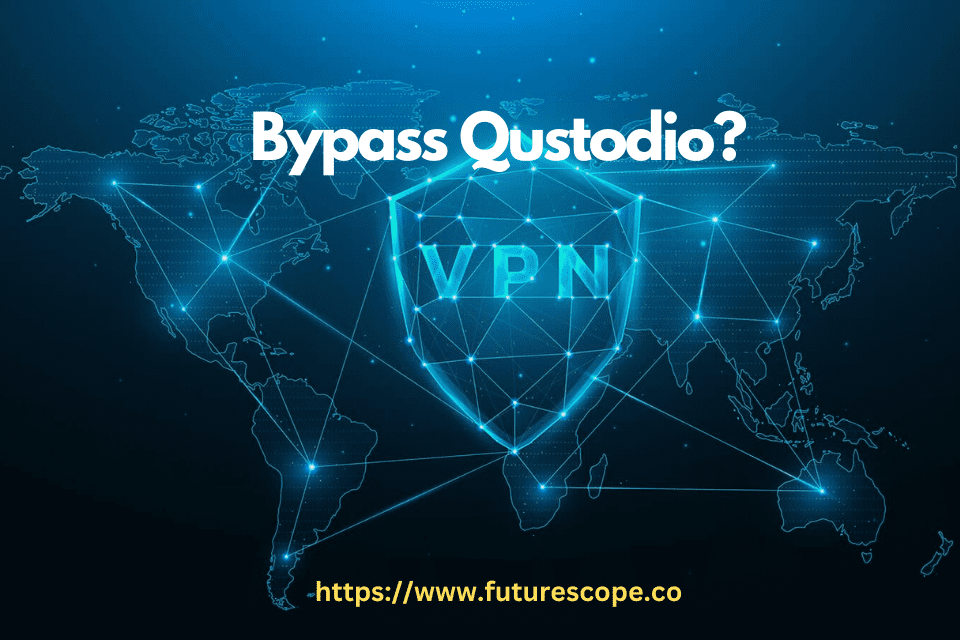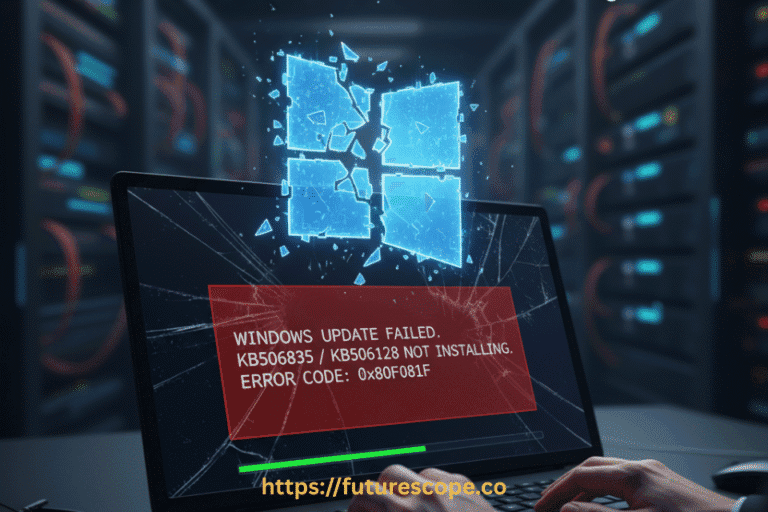Disclaimer: This article is intended for educational purposes only. Bypassing parental controls or monitoring software like Qustodio may violate family or school policies. Always use privacy tools responsibly.
Qustodio is a parental control application designed to enhance children’s online safety by monitoring and restricting their internet activities. Launched in 2012, it boasts over 6 million users worldwide and supports multiple platforms, including iOS, Android, Windows, macOS, Chrome OS, and Amazon Fire devices (Qustodio Reviews). Its features include web filtering, screen time limits, app blocking, social media monitoring, location tracking, and call/SMS monitoring, particularly on Android (Tom’s Guide). Parents can set rules, receive activity reports, and even pause the internet at the touch of a button, making it a versatile tool for managing digital wellbeing (Qustodio Features).
The software operates by inspecting internet traffic on the device, blocking access to inappropriate websites, apps, or content based on predefined settings. This makes it effective for preventing exposure to unsafe or age-inappropriate material, but it also means it can be a target for users seeking to circumvent its restrictions.
What Is Qustodio and How Does It Work?
Qustodio is one of the most trusted parental control and monitoring tools available today. It helps parents manage screen time, block harmful content, and track device usage. But with the rising use of VPNs (Virtual Private Networks) to maintain privacy and unlock content, many users—especially tech-savvy teens—ask, “Can a VPN bypass Qustodio?” This article explores the answer in-depth and provides clarity for both parents and digital users alike.
This software that helps parents and guardians monitor their children’s digital behavior. It offers features such as:
- Web filtering – Blocks inappropriate or harmful websites
- Screen time management – Limits daily device use
- App control – Restricts access to certain apps and games
- Location tracking – Tracks GPS location in real time
- Social media monitoring – Observes activity on platforms like Facebook, YouTube
Qustodio works across devices including Windows, macOS, Android, and iOS. It uses VPN-based filtering and tracking mechanisms to monitor internet activity.

Can a VPN Bypass Qustodio?
Yes, under certain conditions, a VPN (Virtual Private Network) may bypass Qustodio’s filtering and monitoring features. A VPN encrypts internet traffic and masks the device’s IP address, potentially hiding activity from parental control tools.
However, Qustodio uses its own VPN-based technology to intercept and analyze traffic, which can detect or block external VPN connections. The effectiveness of bypassing depends on:
- The type of VPN used (e.g., stealth VPN, obfuscated protocols)
- Whether the device is managed (e.g., admin privileges)
- Qustodio’s configuration and update status
✅ Scenarios Where VPNs Can Bypass Qustodio:
If Qustodio Is Not Monitoring VPN Apps – If Qustodio doesn’t block or restrict VPN apps on the device, a user can easily activate a VPN and mask their traffic.
Split Tunneling and Encryption – Some advanced VPNs allow split tunneling, which might direct traffic away from Qustodio’s monitoring channels.
Unsecured Configurations – If Qustodio is improperly configured or has outdated settings, VPN traffic might go unnoticed.
❌ When Qustodio Blocks VPNs:
Qustodio’s VPN Detection Feature – Qustodio can detect and block VPN connections if configured correctly. It will alert parents and possibly prevent VPN usage entirely.
Network-Level Monitoring – If Qustodio is set up through a secure Wi-Fi router or device admin controls, it can block VPN protocols.
Restricted App Permissions (especially on iOS) – On iOS devices, Qustodio can restrict VPN installations or force VPN disconnection if the profile is managed properly.
Important: Not all VPNs are capable of bypassing Qustodio. In some cases, Qustodio may block VPN apps or detect tunneling activity and restrict access.
How Parents Can Prevent VPN Bypass?
If you’re a parent trying to prevent your child from using a VPN to bypass Qustodio:
Block access to VPN apps on app stores (Qustodio allows this)
Enable alerts for when new apps are installed
Use device-level restrictions (especially on iOS and Android)
Enable Safe Browsing and Strict Filtering
Turn off access to developer mode or advanced settings
Also, regularly check the device for sideloaded apps, especially on Android, where .APK files can be installed without store permissions.
How VPNs Work Against Monitoring Tools?
VPNs create encrypted tunnels between your device and a remote server. Here’s how they function:
- Data Encryption: All outgoing and incoming traffic is encrypted.
- IP Masking: The VPN assigns a different IP address, hiding your actual location.
- Tunneling Protocols: VPNs use protocols like OpenVPN, WireGuard, or IKEv2 to transport data securely.
Because Qustodio monitors DNS requests and internet traffic, a VPN can prevent Qustodio from seeing the websites visited, especially if the VPN uses its own DNS servers.
Comparative Analysis: Effectiveness and Challenges
To better understand the interaction between VPNs and Qustodio, consider the following table comparing key aspects:
| Aspect | VPN Capability | Qustodio Countermeasure |
|---|---|---|
| Traffic Monitoring | Encrypts traffic, unreadable to Qustodio | Relies on unencrypted traffic for filtering |
| Website Blocking | Bypasses by routing through VPN server | May block VPN websites, but not always |
| Detection | Many VPNs evade detection | Advanced versions may detect some VPNs |
| Installation Prevention | Requires pre-installation or alternative sources | Parents can check and remove VPN apps |
| Network-Level Impact | Can bypass device-level controls | Network-level controls can override VPNs |
This table illustrates the dynamic between VPNs and Qustodio, highlighting both the effectiveness of VPNs in bypassing restrictions and the potential for parental countermeasures.
Device Compatibility of VPNs
VPN apps are available on nearly all platforms. Here’s a breakdown:
| Device Type | VPN Support |
|---|---|
| Windows / macOS | Native apps, browser extensions |
| Android / iOS | Dedicated mobile VPN apps |
| Tablets / Chromebooks | Via mobile apps or manual config |
| Smart TVs / Consoles | May require router-based VPN |
Installing a VPN on a device where Qustodio is active could limit its tracking ability, depending on configuration.
Qustodio’s Anti-VPN Capabilities
Qustodio may detect and restrict VPN usage using the following methods:
- VPN app blocking
- DNS traffic inspection
- Port filtering and protocol detection
Advanced parental control setups may render many VPNs ineffective. Still, premium VPNs like NordVPN, ExpressVPN, and ProtonVPN offer stealth protocols that may help users bypass such filters.
Step-by-Step: Setting Up a VPN to Bypass Qustodio
If permitted and ethical to do so, here are general steps to use a VPN:
- Choose a reliable VPN: Select one that offers obfuscation or stealth features.
- Install the VPN app: Download from the official site or app store.
- Connect to a VPN server: Pick a country/location to reroute traffic.
- Test for success: Use tools like whatismyip.com to verify IP change.
Note: Qustodio installed at the OS-level or with admin controls may still detect VPN usage.
Popular VPNs Known to Bypass Filters (Use Responsibly)
Some VPNs are known for strong obfuscation that may bypass monitoring software if parental controls are weak:
NordVPN (uses Obfuscated Servers)
ProtonVPN (open-source, stealth modes)
Surfshark (NoBorders mode)
ExpressVPN (stealth server architecture)
That said, bypassing filters using VPNs can violate family agreements or school/work policies — and responsible internet use should always be encouraged.
VPN Vs Parental Control Software
Can a VPN bypass Qustodio, a popular parental control solution? The battle of digital privacy and monitoring takes a new turn when VPNs get thrown into the mix. Let’s delve into the effectiveness of VPNs and parental control software like Qustodio.
Strengths And Limitations Of VPNs
Virtual Private Networks or VPNs serve as secret tunnels for your internet traffic. They help hide your online activities, even from monitoring tools. But they’re not perfect. Look at their pros and cons:
| Strengths | Limitations |
|---|---|
| Privacy: Masks your IP address. Security: Encrypts data transmission. Access: Unblocks geo-restricted content. | Complexity: May be tricky for new users. Cost: Quality services often require a subscription. Limitation: Cannot bypass all types of controls. |
VPNs are powerful, but some parental controls are designed to block VPN traffic. Users must understand this when trying to bypass restrictions.
Limitations and Parental Countermeasures
While VPNs are effective, there are limitations and countermeasures parents can employ to mitigate this bypass:
- VPN Detection: Some advanced versions of Qustodio, such as Qustodio Advance for iOS, may detect and block VPN connections (Qustodio Help). However, many VPNs are designed to evade detection, making this countermeasure less reliable and dependent on the VPN’s sophistication.
- Preventing VPN Installation: Parents can regularly check for and uninstall any VPN apps on their child’s device. This involves monitoring installed applications and ensuring no VPNs are present, as noted by VPNStore. Additionally, using Qustodio Advance for iOS can prevent the removal of Qustodio itself, making it harder for children to install VPNs.
- Network-Level Controls: Implementing parental controls at the network level, such as through routers or internet service providers, can sometimes override device-level VPNs. However, this requires technical expertise and is less common, as highlighted by SafeWise.
These countermeasures aim to reinforce Qustodio’s effectiveness, but the ease of accessing free VPNs, especially on platforms like Chrome, remains a significant challenge (WeTechLy).
Potential Risks of Using a VPN to Bypass Qustodio
| Risk | Description |
| Policy Violation | May breach school/family rules or software terms of use |
| Security Concerns | Free VPNs may leak data, include malware, or sell user information |
| Reduced Speed | Encryption and server distance can slow down internet performance |
| Detection | Some VPNs are recognized and blocked by Qustodio’s monitoring system |
Frequently Asked Questions
Does Qustodio use a VPN?
Yes, Qustodio installs a local VPN on monitored devices to filter and monitor internet traffic.
Can Qustodio detect external VPN use?
In many cases, yes. It can block or restrict VPN connections using its internal monitoring mechanisms.
Is bypassing Qustodio with a VPN illegal?
No, but it may violate terms of service or agreed-upon rules set by parents or institutions.
Can I uninstall Qustodio?
Only if you have administrative access. Otherwise, it’s protected against unauthorized removal.
Is There A Way To Disable Qustodio?
Yes, you can disable Qustodio by uninstalling it from the device or turning off its protection within the program’s settings or administration panel. Always ensure you have necessary permissions to modify the software.
Does Qustodio Install VPN?
Yes, Qustodio uses a VPN to monitor and manage internet traffic on devices where it’s installed. This ensures comprehensive parental control functionality.
How Do I Remove Qustodio VPNn From My iPhone?
To remove Qustodio VPN from your iPhone, go to Settings, tap ‘General’, select ‘Profiles & Device Management,’ find Qustodio profile, tap ‘Remove Management,’ and confirm deletion.
Why Does It Say My Child Is Offline On Qustodio?
Your child might show as offline on Qustodio if their device lacks internet access, the app is not running, or it’s not properly installed. Ensure the device is connected and the app is updated for accurate monitoring.
Conclusion
While VPNs are powerful tools for privacy and access, they can also be used to bypass filters like Qustodio. Understanding how both systems work helps users make informed, responsible choices — whether you’re a parent protecting your child or a user learning the boundaries of digital privacy.Users should understand the ethical and practical implications before attempting to bypass any parental control system. For parents, knowing how VPNs interact with monitoring tools like Qustodio is essential to maintaining effective supervision in the digital age.








